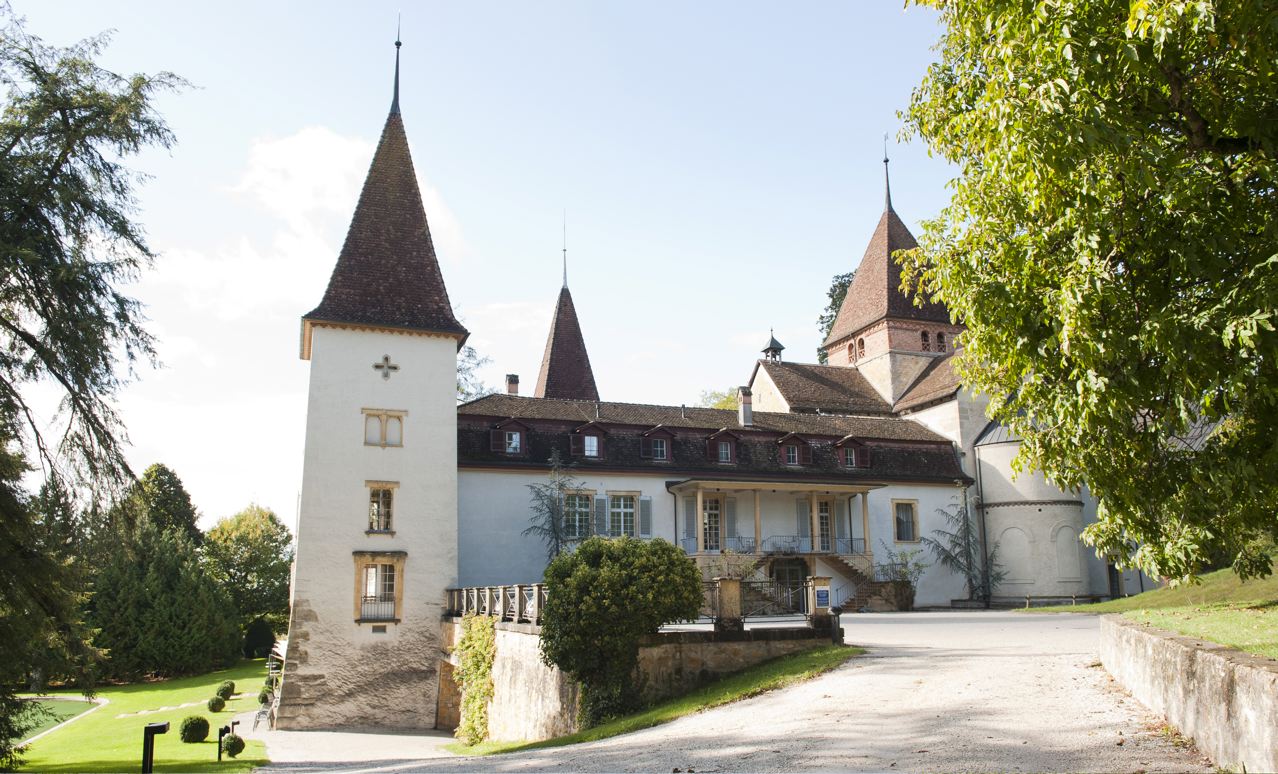Second afternoon session
Friday, 2024/04/19, 16:45

| Event organizer: | Collegium generale |
|---|---|
| Speaker: | (Dr. Stuart Mills); Prof. Dr. Mauricio Reyes |
| Date: | 2024/04/19 |
| Time: | 16:45 Time |
| Locality: |
Meeting room castle Münchenwiler Kühergasse 7 1797 Münchenwiler |
| Registration: | Hier Anmelden |
| Characteristics: |
not open to the public free of charge |
16.45 - 17.30
(Dr. Stuart Mills, Psychology and Behavioural Science, Leeds University; London School of Economics and Political Science)
Why Human Behaviour Matters for AI
** Unfortunately this presentation was cancelled **
Homepage Dr. Stuart Mills, Leeds University
London School of Economics and Political Science
17.30 - 18.15
Prof. Dr. Mauricio Reyes, ARTORG Center for Biomedical Engineering Research, University of Bern
Interpretable AI in Medicine: Opening the Black Box for Patient Safety, Trustworthiness, and Improved AI
In this talk, I will go through the intriguing landscape of AI technologies in neuroradiology and radiation oncology. I will begin by presenting an overview of automated brain tumor segmentation, emphasizing the significant progress made over the past decade and the current state of the art.
I will then transition into the crucial aspect of quality control in AI technologies for medical image analysis, where a central part of my discussion will be the interpretability of AI systems in medical imaging. Drawing from my extensive experience in deep learning and interpretability for medical imaging, I will shed light on the challenges we face and the opportunities that lie ahead.
I will also share my experience developing FDA-approved AI systems for brain tumor image analysis. This talk will provide a comprehensive understanding of the role and potential of interpretable AI in enhancing the accuracy and efficiency of neuroradiology and radiation oncology.
CV:
Professor Mauricio Reyes began his academic journey in 2003 when he was awarded a French-Chilean scholarship to conduct his PhD studies at INRIA, France. His research work, particularly in the field of neuroradiology and radiology, has been groundbreaking. His focus is on developing AI technologies to improve the workflow for cancer patients.
Mauricio Reyes’ PhD thesis resulted in the development of novel image reconstruction techniques for respiratory motion compensation during PET imaging. This research work significantly improved the assessment of treatment response in lung cancer patients, demonstrating the potential of medical image computing technologies applied to medicine.
Early in his postdoctoral years, Mauricio Reyes developed innovative high-throughput computational analysis methodologies for in-silico orthopaedic implant design. This research work was highlighted by the Swiss National Science Foundation as an example of front-end Swiss research. He was able to further translate this technology, changing the way orthopedic implants are designed nowadays using computational tools. In 2008, he co-founded Crisalix, a successful Swiss company offering AI-based technologies for simulation of reconstructive breast surgery.
His work in computational modeling continued towards the challenging aspects of modelling pathology. Through EU-funded projects, he started in 2010 to develop AI solutions for neuro-oncology, with a particular focus on automated brain tumor burden assessment. For his research he received the MICCAI Young Scientist Publication award in 2016.
His translational research efforts lead to the first-of-its-kind FDA-approved AI technology for brain tumor patients. Throughout his career, Professor Reyes has raised over 10M EUR acquired funds, authored over 300 articles, with over 16500 citations, and a H-index of 53. His work has pioneered in the important aspects of robust AI, and explainable AI (XAI) in our field.
Homepage Prof. Dr. Mauricio Reyes
18.15 – 19.00
18.15 – 19.00 Informal discussion with Apéro
19.00 Dinner
